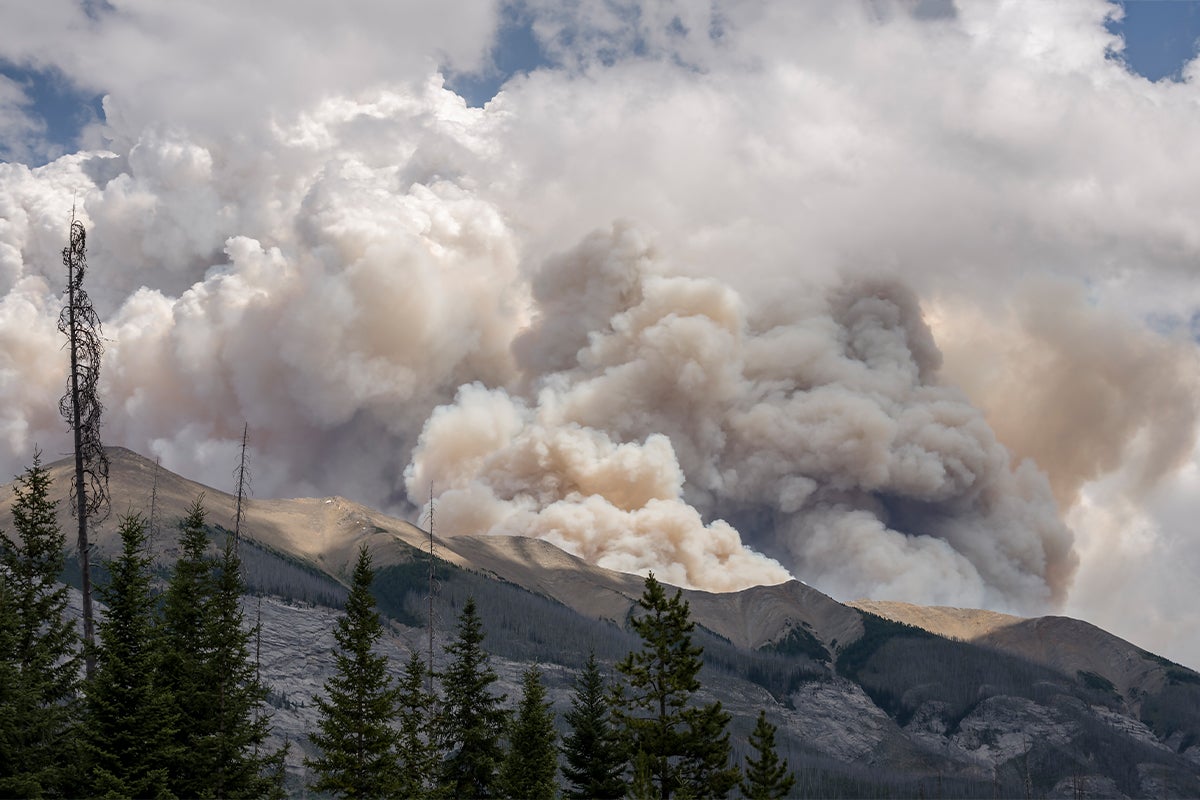Opinion: How to best measure heat—and protect people from it
"Wet-bulb globe temperature" is the best way to assess heat threats, according to Harvard Chan School's Joseph Allen.

Op-ed: EPA regulation on ‘forever chemicals’ in drinking water is lagging
New Environmental Protection Agency limits on forever chemicals in drinking water are a step in the right direction to protect the nation’s health, but they don’t go nearly far enough, according to a Washington Post op-ed by Harvard…

Canada wildfire smoke poses health risks in the U.S.
Wildfire smoke from Canada has been traveling to the Midwestern U.S., causing air pollution both outdoors and indoors, according to experts.

Making performing arts venues healthier
An effort to ensure that Harvard University’s American Repertory Theater is housed in a healthy building—and to share information about how to make theaters everywhere healthier—was the focus of an article in American Artscape, the magazine of the…

Why companies should pay attention to workplace air quality
Organizations should be thinking about how to monitor the air quality in their workspaces in real time, according to healthy buildings expert Joseph Allen.

Post-pandemic, an increasing focus on indoor air quality
In the wake of the COVID-19 pandemic, “fundamental shifts” have taken place in how businesses, governments, scientific and medical communities, and the general public think about indoor air, according to Harvard Chan School’s Joe Allen.
Outfitting school buildings for extreme heat ‘not that hard,’ says expert
Harvard Chan School's Joseph Allen says that retrofitting old school buildings to better handle the realities of extreme heat and other climate change-related issues is "not that hard."

New methodology reveals health, climate impacts of reducing buildings’ energy use
Increasing energy efficiency in buildings can save money—and it can also decrease the carbon emissions and air pollution that lead to climate change and health harms. But the climate and health benefits of reducing buildings’ energy consumption are…

Social media influencers, faculty connect to improve mental health content
Two dozen social media influencers who post regularly on mental health—with a combined audience of 20 million—have been able to connect with Harvard Chan faculty and experts on effective communication as part of the Harvard Chan School Creators…

Op-ed: New standards could greatly improve indoor air
New indoor ventilation targets from the Centers for Disease Control and Prevention, as well as enhanced ventilation standards from an industry group, could help significantly reduce the spread of infectious diseases, according to Harvard Chan School’s Joseph Allen.
